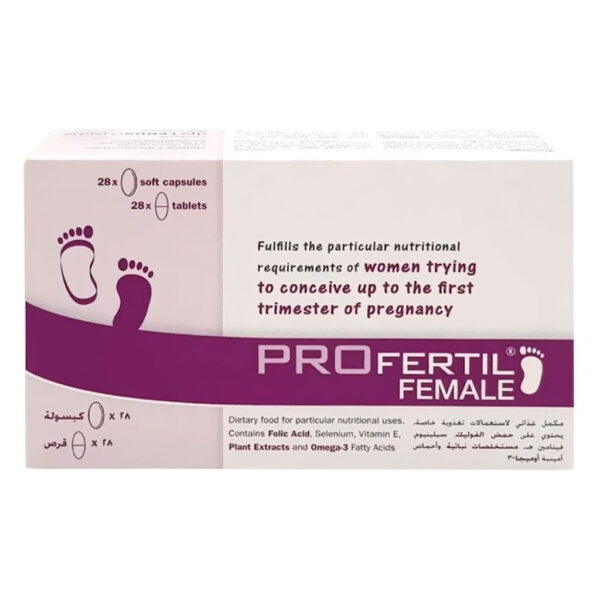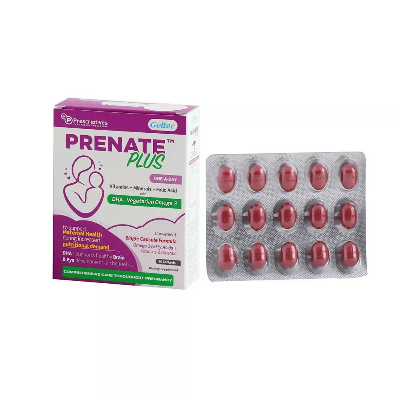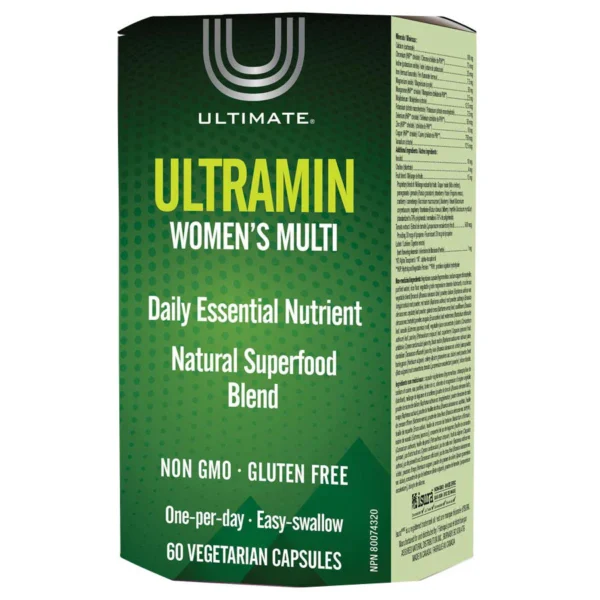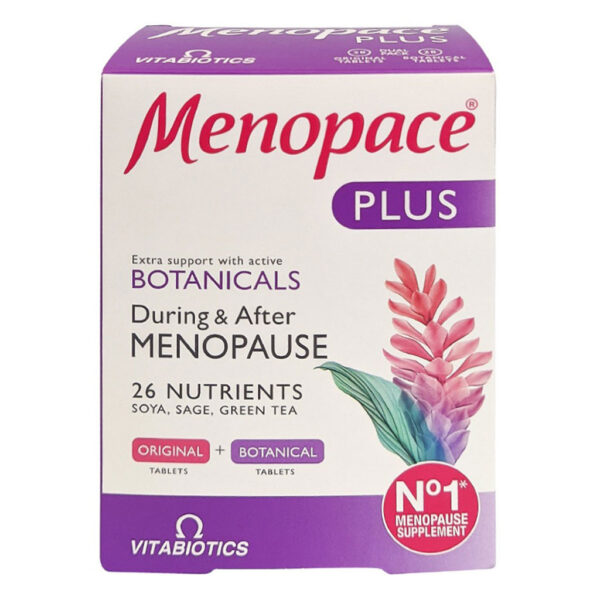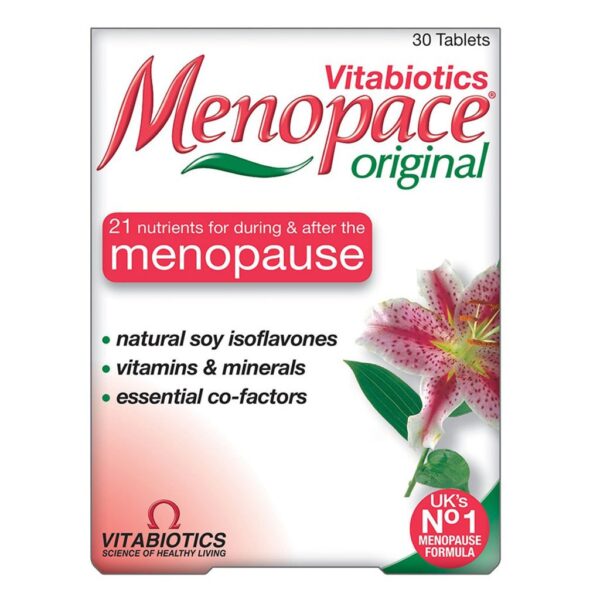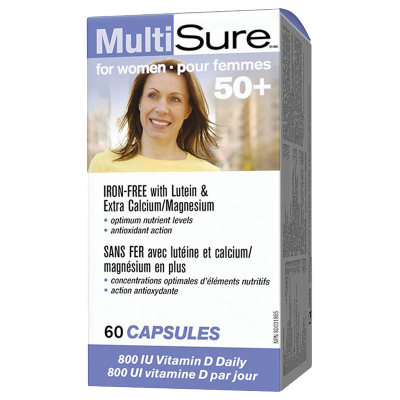Description
Approximately 15% of all couples of child-bearing age are unable to conceive despite having regular sexual intercourse. The cause of an unfulfilled wish to have a child occurs around the same frequency in women (“female” factor) and men (“male” factor) or in a combination of both. Education, job, and choice of partner are just some of the factors that ultimately lead to parenthood occurring later and later. The dream of having a child is often not feasible until such time as the bodily conditions are no longer optimal.
FERTILITY DISORDER ≠ INFERTILITY
In most instances where there is an unfulfilled wish to have a child, it is not a case of complete infertility but rather multiple factors that come together and can thus lead to a fertility disorder. It must be remembered that conception can only possibly occur on a few days in the month (usually only 2 days).
Many bodily processes that are perfectly coordinated with each other are responsible for pregnancy occurring, and the timing of these processes must be correct. They include a regular cycle, the maturation of the female egg cell or the man’s sperm cells, ovulation, the journey of the egg cell through a fallopian tube and implantation of a fertilized egg in the endometrium.
With these specific processes, which must take place in such a way that they are precisely coordinated with each other, there are many stumbling blocks on the way to a successful pregnancy.
With PROfertil® female, these stumbling blocks can be gradually diminished or eliminated and the possibility of a successful pregnancy improved.
Recommended intake
Take 1 soft capsule and 1 tablet daily with liquid with or after a meal. Ideally, you should always take the tablet and the soft capsule together. If you have any further questions about intake, please contact your doctor.
Important note: Use only under medical supervision.
What does PROfertil female contain?
Folic acid:
- Reduces elevated homocysteine levels, which are commonly found with subfertility and PCOS
- Improves the environment for a maturing egg cell.
- Reduces the risk of premature births and malformations with the baby (e.g. neural tube defect – link to glossary)
Vitamin E:
- Reduces oxidative stress, helping to protect the ovarian granulosa cells
- Helps with balancing the sex hormones, particularly for women who have PCOS
- Supports the circulation in the endometrium as well as endometrial receptiveness
Selenium:
- Essential for the maturation process of the egg cell
- May reduce insulin resistance in women, which is often manifested with PCOS
- Reduces the risk of premature birth and preeclampsia
Omega-3 fatty acids (EPA and DHA):
- Support healthy development of the child before onset of the pregnancy
- Antiandrogenic effect and healthier lipid profile for women with PCOS
- Reduce the risk of endometriosis
Coenzyme Q10:
- Plays an important role in supply of energy to the egg cell
- Helps protect the egg cell from functional disorders (particularly in older women)
- Promotes a normal cycle in women with PCOS
Catechins (from green tea extract):
- Have an antioxidant and antithrombotic effect
- Promote circulation in the ovaries and the uterus
- Can help to reduce insulin resistance and lipid levels (PCOS)
Glycyrrhizin (from licorice extract):
- Anti-inflammatory and antiandrogenic effect (testosterone production in the ovaries)
- Helps to moderate hyperandrogenism (e.g. acne, hair loss, masculine appearance)
- Promotes a regular cycle and ovulation in women with PCOS

